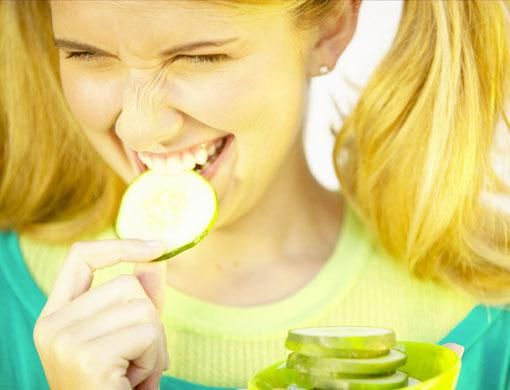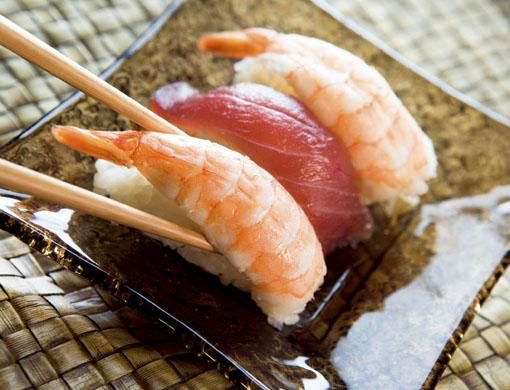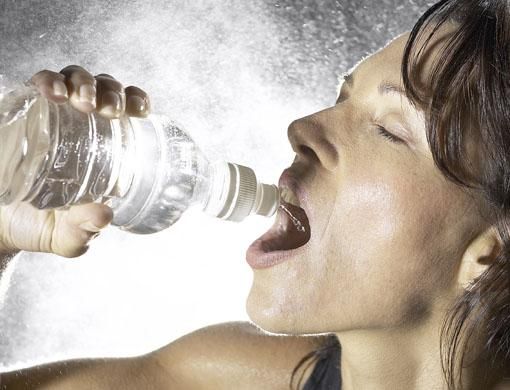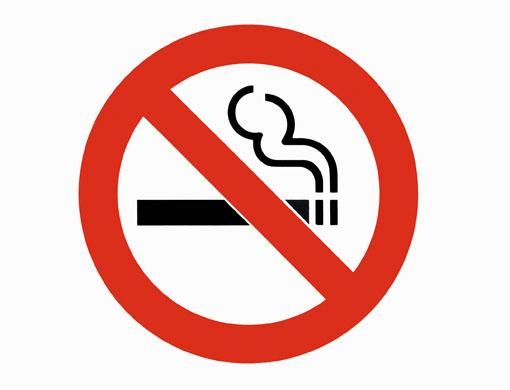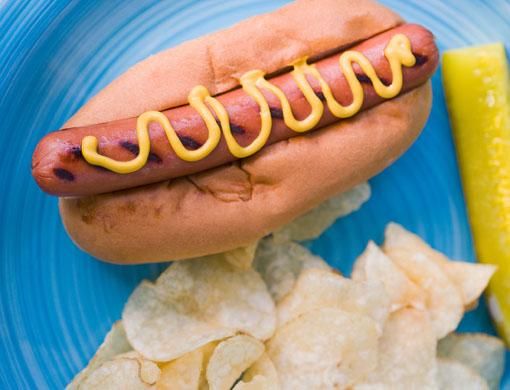Snack regularly
Despite what your mother told you when you were young, you should be snacking between meals.
But before you reach out for that bar of chocolate, be informed — it's about healthy snacks — any food that is not processed and gives you a good supply of nutrients.
Examples are seeds, nuts (unsalted), fruits, raw vegetables, dried fruits such as figs, apricots, prunes and rice crackers.
Most of us get too involved with that “last e-mail'' we need to send before we get up to get a snack or a drink.
This makes our metabolism sluggish and our blood sugar levels dip, which lead to a sudden binge impulse to fix sagging energy levels.
The snack is usually a candy bar or a cup of coffee. The problem with this is that these will give a temporary boost to the system.
In about 30–60 minutes, blood sugar levels will dip again — and it will be time for another quick fix.
This is a vicious cycle, in which we keep supplying the body with coffee, chocolate or other sugary foods to keep energy levels high, thus piling on the calories.
Binge on superfoods
On superfoods, that is. Superfoods are nutritious and help improve immunity. Examples are nuts, seeds, legumes, berries and fish.
Most of us resort to vitamin supplements but do not think of taking in fresh sources of vitamins and minerals. So just get out there and go shopping with a renewed zest for healthy living in 2009.
Rehydrate regularly
Get drinking but have water rather than coffee and fizzy drinks. How much should you be drinking? Well, when it's hot outside, you should drink at least three litres but when it has cooled down, you should aim for two.
The strategy to follow is to carry a sports bottle with you. What's wrong with carrying a trendy sports bottle of water with you to your meetings? This way at least you will remember to drink it.
Look for those one-litre bottles and aim to finish one bottle between breakfast and lunch and another one between lunch and dinner.
Initially you will need to relieve yourself regularly but your body will soon start getting used to the increased water intake.
This habit will give you much higher energy levels, a better mood, higher efficiency at work, weight loss and, of course, better skin and hair. Try it for a month and you will find this is a habit worth keeping.
Detox when you can
Detoxing regularly is the best way to keep everything — from the digestive to the respiratory systems — tuned and balanced.
Ideally, you should detox once a month but it depends on the lifestyle.
If you are one of those who eats a lot of junk food and drinks a lot of fizzy drinks, tea, coffee and smokes as well, you should be detoxing at least thrice a week.
On the other hand, if you lead a healthy lifestyle, you should look at getting a detox once every two months.
The body absorbs pollutants and toxins through foods such as inorganic fruits and vegetables (due to the pesticide content), pollutants in the air, passive smoking and having too much red meat and alcohol.
Get active
Being active does not mean you have to join a gym. Just playing with the kids or walking the dog works wonders.
During summer we complain it is too hot and during winter we look for stodgy foods and then slump in front of the TV with the remote control and some calorie-loaded snacks.
The recommendation is: No matter what you are doing and whatever is happening in your life, make sure you exercise for at least 20 minutes a day.
This could be running up and down the stairs or going for a brisk walk round the block. This habit will ensure that although you will be tempted to, you will refrain from bingeing.
Ditch the ready meals
Processed foods are those that have been altered from their natural state for safety reasons and for convenience. The main methods used for processing food are canning, freezing, refrigeration and dehydration and aseptic ways.
These products are bad for your health because most are made with trans fats and saturated fats. They also contain large quantities of sodium and sugar.
Try to avoid:
- Canned foods with lots of sodium
- White breads and pastas made of refined white flour, since they are not as healthy as those made with whole grains
- Packaged high-calorie snack foods, such as chips and cheese snacks
- High-fat convenience foods, such as cans of ravioli
- Frozen fish sticks and frozen meals
- Packaged cakes and cookies
- Boxed meal mixes
- Sugary breakfast cereals
- Processed meats such as hot dogs
Start a journal
This is a good strategy, especially if you are trying to lose weight. Make a regular note of everything you are eating and drinking in the week, as you tend to lose track. You can also list the foods that make you feel good.
If there are foods that make you feel bloated after 30-60 minutes of consumption, you should avoid them, as they could prove toxic — and in turn, result in various ailments such as Irritable Bowel Syndrome (IS), migraines, irritability and lethargy.


